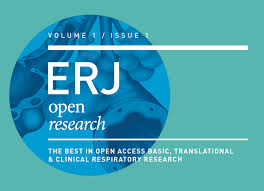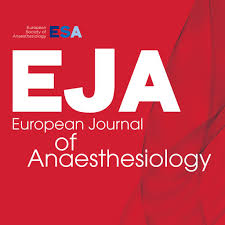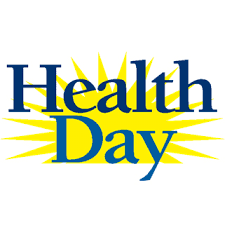
Editor's Note Burnout does not begin with exhaustion, but with misalignment, said burn and critical care surgeon Neha Amin, DO, FACS, NBC-HWC, founder of Balance and Breakthrough and Renewal Wound Care Centers based outside Atlanta, during her personal and pragmatic keynote. According to Dr Amin, burnout follows a clear trajectory—from…

Editor's Note Women who work night shifts are around 50% more likely to have moderate or severe asthma compared to women who work only during the day, according to findings published in ERJ Open Research. As detailed in a June 15 announcement from the European Respiratory Society, the study analyzed…

Editor's Note Bariatric surgery produced five times greater weight loss than GLP-1 medications in a new study of over 51,000 patients with obesity, according to a June 18 article from Fox News. The retrospective study, funded by the NIH and conducted by researchers at NYU Langone Health and NYC Health…

Editor's Note Helping patients taper opioids preoperatively before deploying multimodal care strategies can help prevent instances of patients already with prescriptions going home with even higher doses. That’s the main takeaway from an April 22 MedCentral interview with Marie N. Hanna, MD, division chief for regional anesthesia and acute pain…

Editor's Note Bariatric surgery improves survival and appears cost-effective over a decade for patients with obesity and compensated cirrhosis, according to an April 18 report in Healio. The findings, based on an analysis published in JAMA Surgery, suggest that bariatric surgery could fill a crucial gap in care for this…

Editor's Note Eating during the day instead of at night may protect shift workers from harmful cardiovascular effects, according to an April 17 report in Medscape on new research from Mass General Brigham. Researchers found that the timing of meals—not just their content—directly influences cardiac and clotting function in adults…

Editor's Note A nurse-coordinated prevention program significantly lowered the long-term risk of major adverse cardiovascular events (MACE) in adults recovering from acute coronary syndrome (ACS), according to an April 2 article in Healio. The program, which focused on lifestyle and behavioral changes, led to a 30% reduction in adverse events,…

Editor's Note With several major gatherings planned for this spring—including those from AORN, AONL, ASCA, and ASPAN—a bustling events season offers perioperative leaders valuable opportunities for reflection on our careers and futures. Speaking of futures, the 2024 OR Manager Salary/Career Survey revealed an intriguing shift: only 9% of perioperative nurses…

Editor's Note Prolonged exposure to general anesthesia during surgery contributes to long-term cognitive decline, affecting executive functioning, selective attention, mental speed, and information processing, according to a February 18 study published in the European Journal of Anaesthesiology. This prospective longitudinal cohort study followed 1,823 adults aged 25–84 in the Netherlands…

Editor's Note Patients who engage in prehabilitation—exercise, diet changes, and social support—before surgery significantly reduce their risk of complications, shorten hospital stays, and improve recovery, according to a new evidence review in The BMJ. As reported January 24 by HealthDay, the analysis of 186 clinical trials involving more than 15,500…